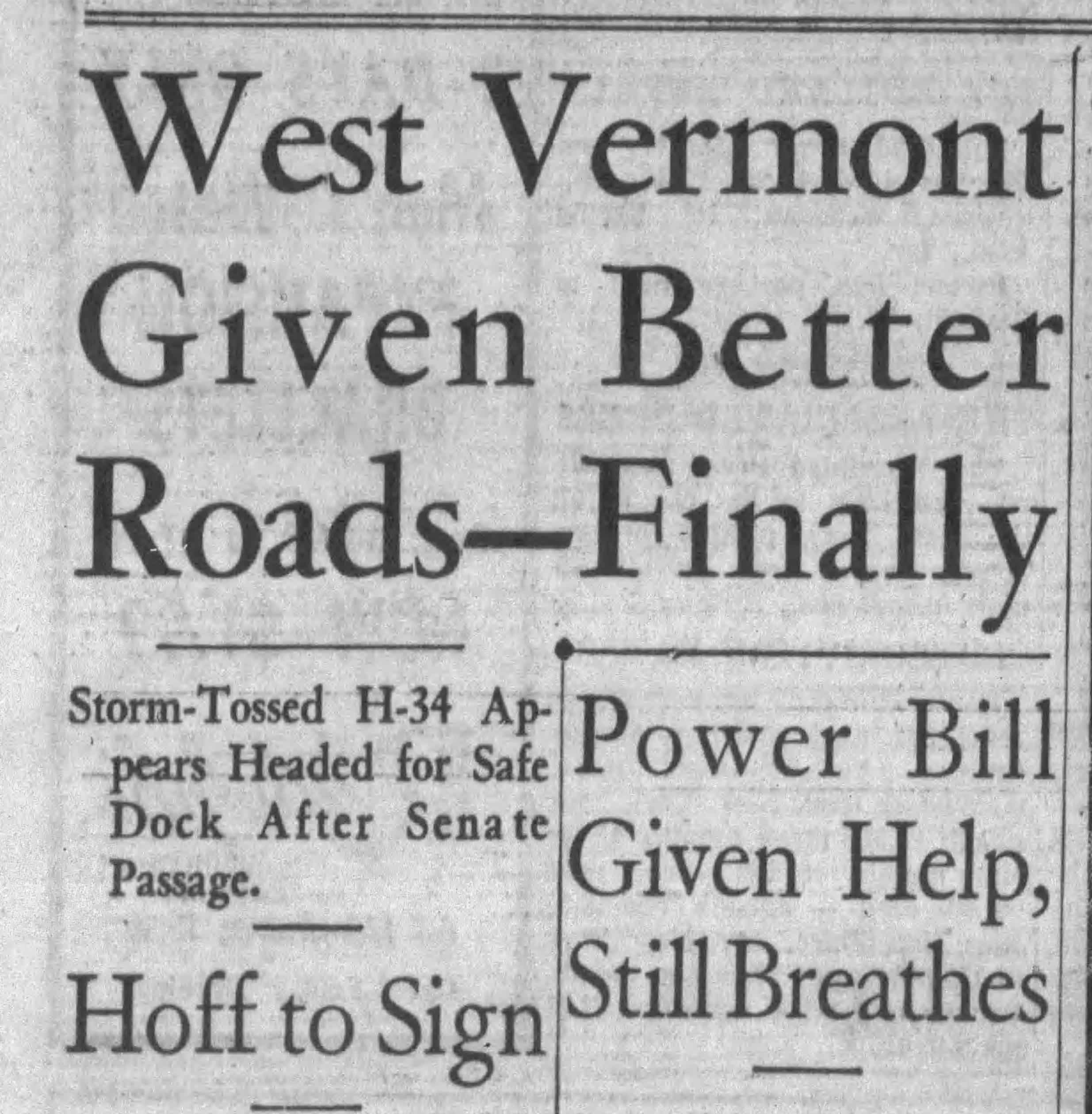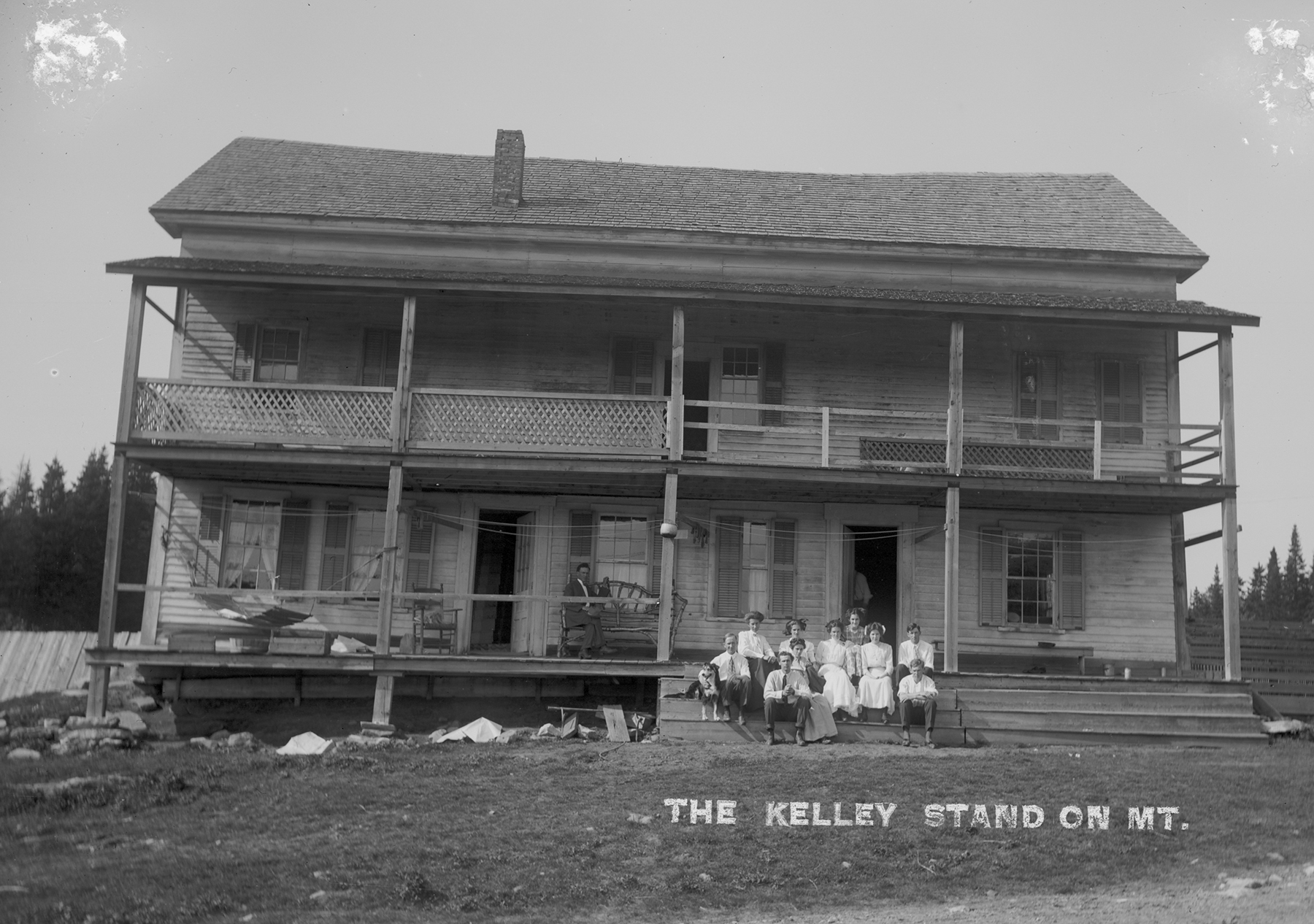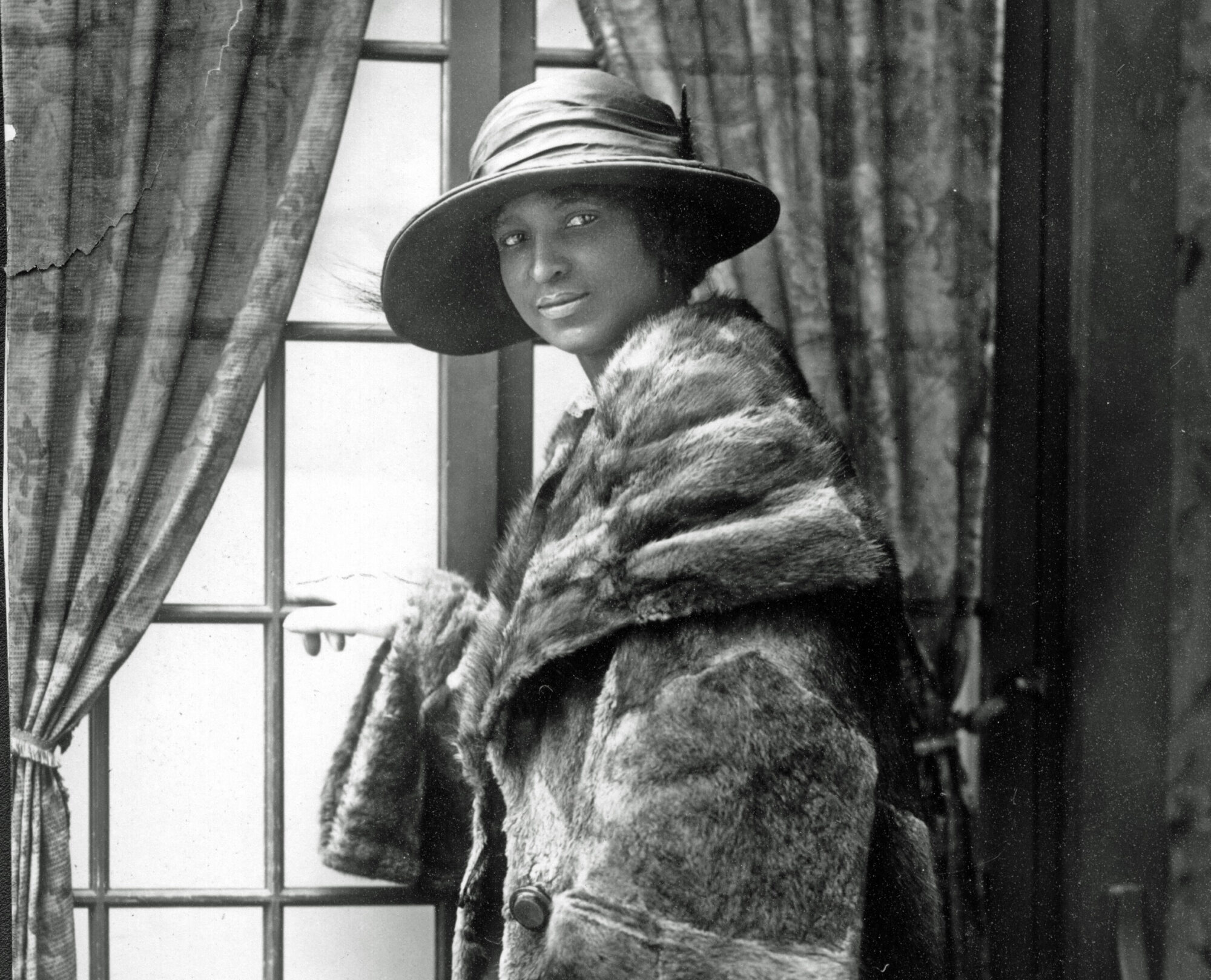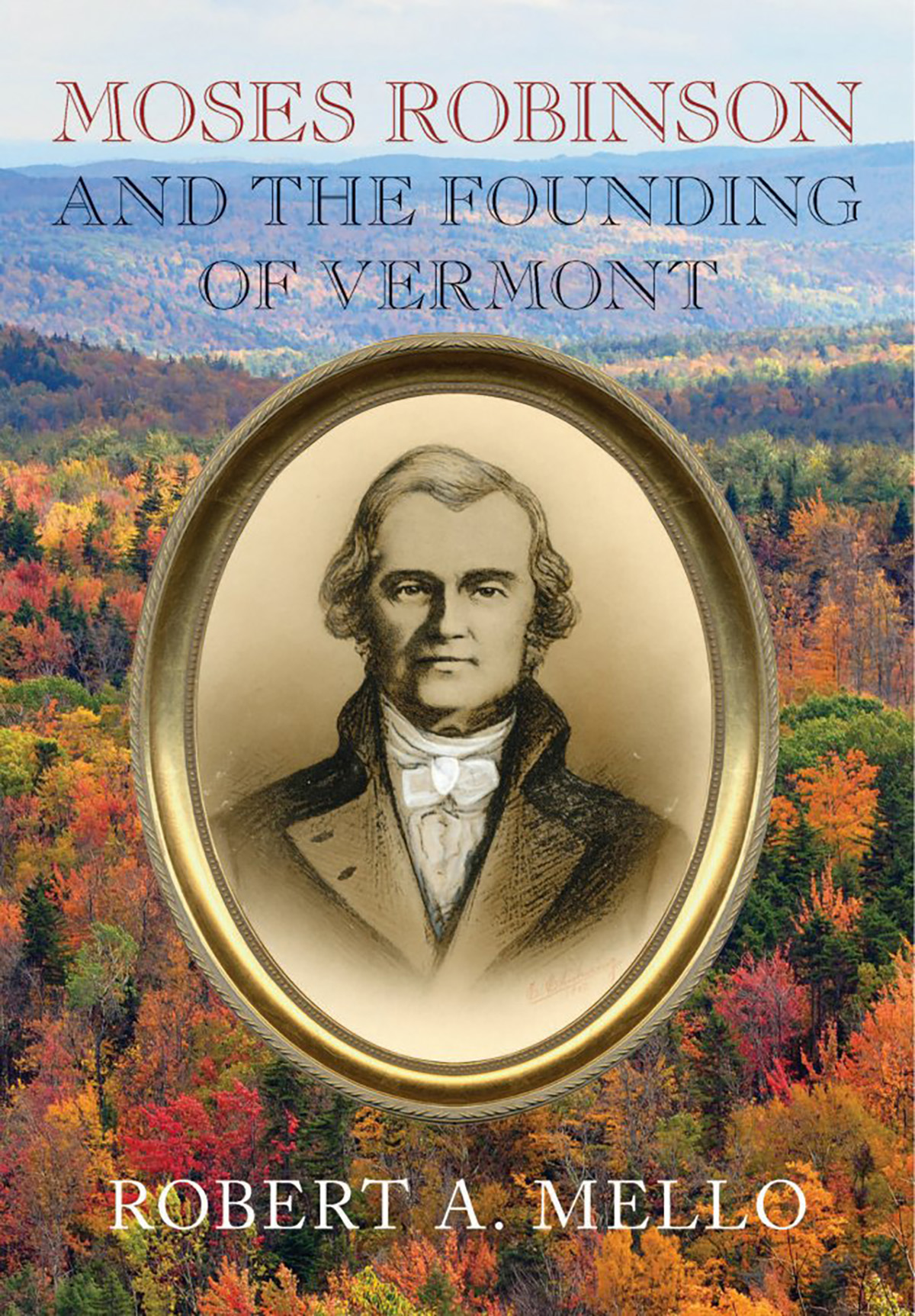

Our Highway Deficiencies: How Route 7 Explains 20th Century Vermont
May 21, 2023 @ 2:00 pm - 3:00 pm
Our Highway Deficiencies: How Route 7 Explains 20th Century Vermont
A Bennington Historical Society Presentation
In 1957, Governor Joseph Johnson promised the citizens of southwestern Vermont that the state would rebuild the region’s main north-south highway, Route 7, “to standards comparable with the interstate system.” In the two decades that followed the question of what to do with Route 7 became a topic of bitter dispute in the region. Supporters of a new road hoped that the conversion of Route 7 to a divided, four-lane, limited-access highway would stimulate the region’s economy. Detractors of a new road saw it as potentially an existential threat to the way of life enjoyed by the region’s residents. The conflict over Route 7 pitted different kinds of southwestern Vermonters, and different kinds of southwestern Vermont towns, against each other. The question of what to do with Route 7 has significance far beyond its region: the conflict over it embodied the tensions that pervaded life in Vermont in the second half of the twentieth century, as Vermonters throughout the state wrestled with the competing allures of progress and development on the one hand, and preservation and tradition on the other. In this presentation, NVU history professor Paul Searls will discuss how the debate over what to do with southwestern Vermont’s major roads between the 1950s and the 1990s is, in many ways, a metaphor for the transition Vermont as a whole underwent in those decades. A discussion will follow in which audience members are encouraged to share their memories and feelings about the history of the area’s major roads, and the evolution of southwestern Vermont as a whole.
Paul Searls is professor of history at Northern Vermont University. He received his Ph.D. from New York University. His most recent book, Repeopling Vermont, was published in 2019.
The Bennington Historical Society is a volunteer-run program of Bennington Museum. The BHS offers its programs at no charge with support from Williams Financial. You can support the efforts of the BHS to share the history of our region by making a donation.
![]()



